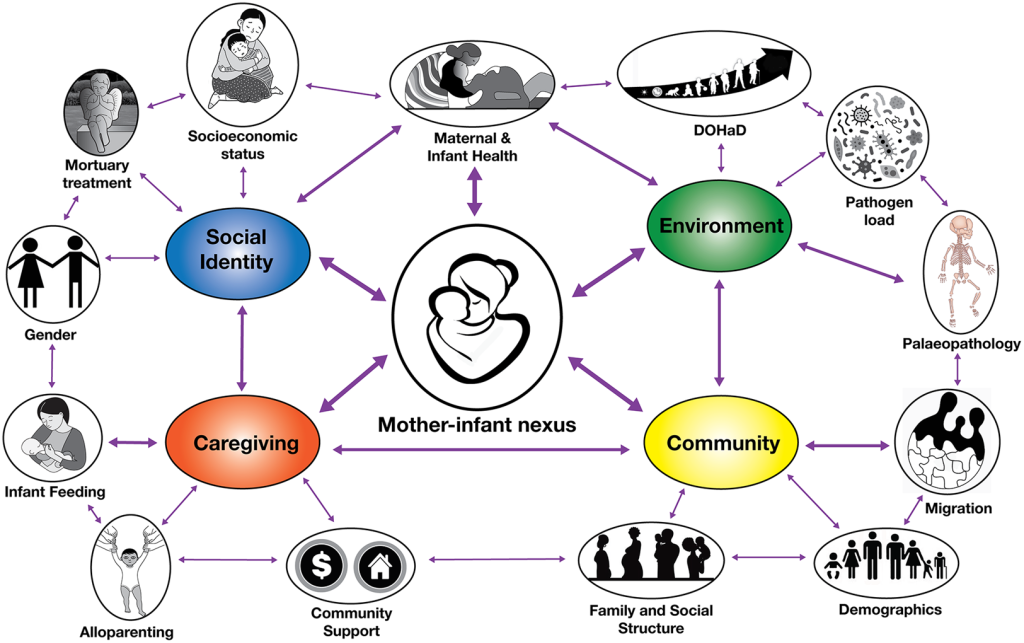Experts argue that the fight against mental health problems is regressing, despite the technological advances of the 20th century that led to improved health outcomes. In a new paper published in the American Journal of Physical Anthropology, Kristen Syme and Edward Hagen contend that the increasing use of psychopharmacological treatments alongside mental health diagnoses indicates that current treatment methods are ineffective.
The authors criticize the current psychiatric model for placing patients with minor anxiety and depression on ineffective drugs and placing them on a cocktail of pills. They also note that pharmaceutical companies fund many consumer advocacy groups, leading to a tipping point in mental health protocols. Syme and Hagen’s paper argues that brain chemistry is heavily influenced by society, and not just genetics. As such, the increasing number of people on medications such as Zoloft and Xanax today cannot be explained by developmental dysfunctions alone.

Mental Health through Physical Anthropology and Evolutionary Biology
To gain a comprehensive understanding of health, the fields of physical anthropology and evolutionary biology play a crucial role. By analysing historical data, the authors highlight a remarkable shift in causes of death in the US over the past century. While infectious diseases have significantly declined, progress in unravelling the origins of mental health disorders has been limited. The dominant narrative of the chemical imbalance theory, promoted by psychiatrists and pharmaceutical companies, raises concerns about the evolution of human brains. Criticized as an oversimplification, this approach has inadvertently contributed to the stigma surrounding mental health instead of mitigating it.
Rethinking Mental Disorder Causes & Treatment
A recent paper disputes the belief that biogenetic causes reduce stigma for mental disorders, potentially increasing stigmatization among professionals and the mentally ill. Evidence supporting psychopharmaceuticals’ correction of chemical imbalances is limited. The authors classify mental disorders into four subsets, revealing the neglect of environmental and societal factors by modern psychiatry. With global antidepressant industry expected to reach $16 billion by 2023, prescriptions rise alongside mental disorder diagnoses, including children.

Alternative Approaches to Anxiety and Depression
While pharmaceutical interventions show promise for conditions like Parkinson’s, Alzheimer’s, and autism, the over prescription of drugs for anxiety and depression is a concern. Syme and Hagan argue that these issues are primarily social rather than medical disorders. Instead of addressing the underlying causes, medication is often prescribed by psychiatrists and doctors. The authors propose that understanding the true origins of mental health disorders can be achieved through exploring factors such as epigenetics, behavioural observation, cross-population comparisons, and cultural influences. Recognizing the complexity of human beings, relying on a single explanation for mental health issues may be oversimplifying the problem.

